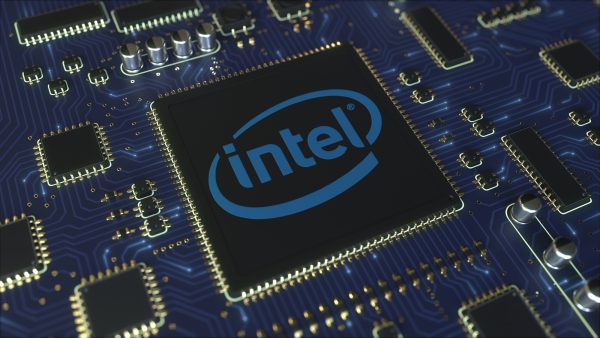The Cybersecurity Association of China (CSAC) has called for a security review of Intel products sold in China, accusing the U.S. chipmaker of repeatedly endangering the country’s national security. Though CSAC is not a government body, it has close connections with Chinese state authorities, and its formal accusations could prompt the Cyberspace Administration of China (CAC) to conduct an official review of Intel’s products. The CSAC claims Intel’s products have significant security vulnerabilities, citing concerns over backdoors allegedly created by the U.S. National Security Agency (NSA).
In its statement, CSAC urged for the review to protect China’s national security and the interests of its consumers. Intel, alongside the CAC, has not yet responded to the accusations. The news impacted Intel’s stock, which fell by 2.7% during U.S. premarket trading amid a broader tech sell-off.
This development follows a similar action last year when the CAC prohibited operators of critical Chinese infrastructure from purchasing products from U.S.-based Micron Technology, which were deemed to have failed a network security review. Over a quarter of Intel’s revenue last year came from China, and a security review could pose risks to the company’s financials.
The CSAC’s allegations emerged as U.S.-China tensions over technology trade continue to escalate, driven in part by a U.S.-led initiative to limit China’s access to essential chipmaking equipment and components. In the post, CSAC asserted that Intel’s chips, including its widely used Xeon processors for AI tasks, have serious vulnerabilities and defects, portraying the company as having a negligent attitude toward customer security. It further suggested that Intel products present a “serious risk” to global critical information infrastructures, including those in China.
A potential ban on Intel chips, even temporarily, could worsen the supply of AI chips in China, which is already facing a shortage due to U.S. export bans on Nvidia products. Despite the geopolitical headwinds, Intel secured orders earlier this year from Chinese state-linked agencies for its Xeon processors, intended for use in artificial intelligence work.










